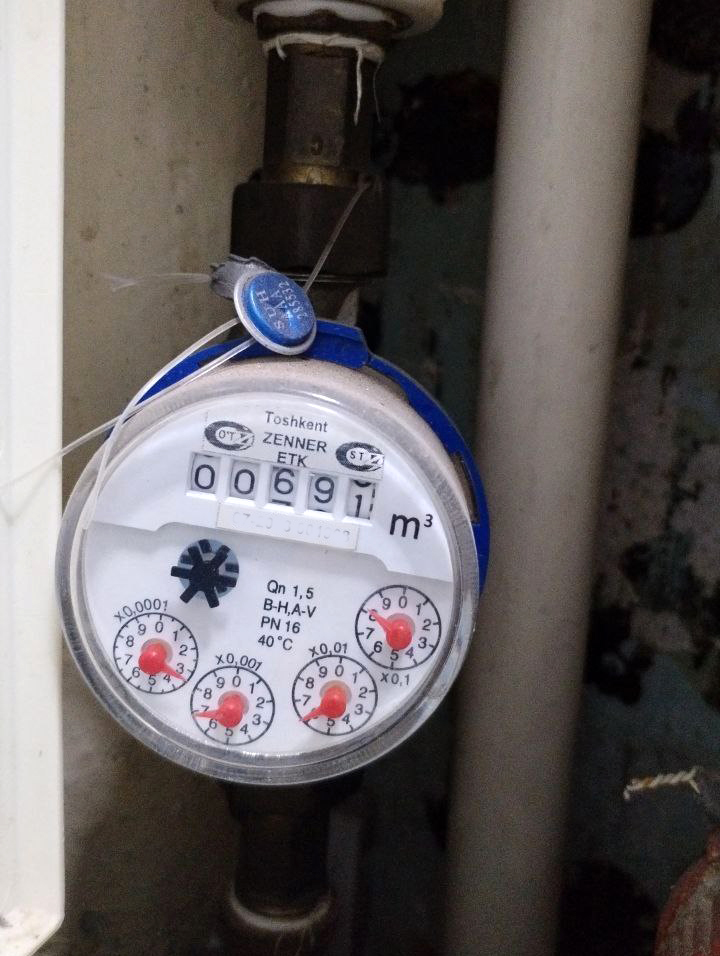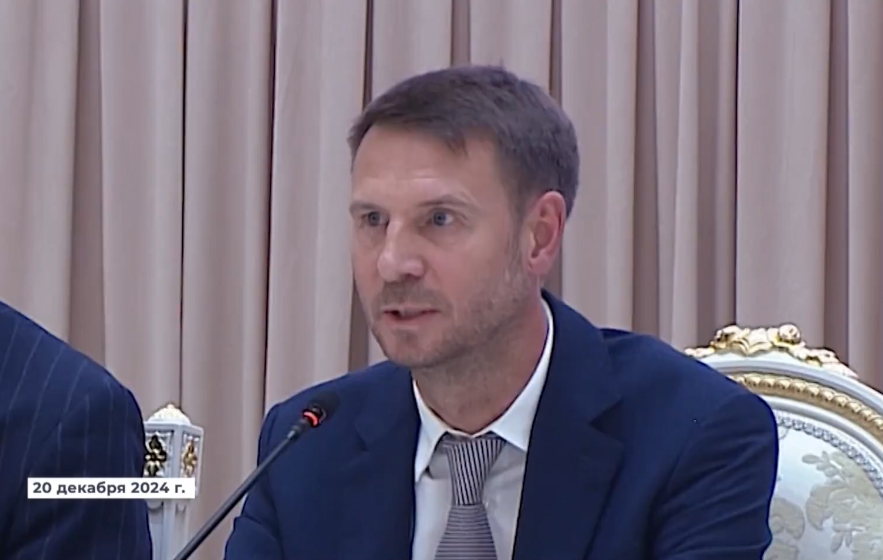This article is also available in:
Русский (Russian)
In Uzbekistan, constant power outages have become a serious problem for entrepreneurs and industrialists. Businesses are finding it increasingly difficult to operate effectively, and foreign investors are increasingly avoiding investing in a country where power supply remains unstable. The impact of electricity disruptions is felt at all levels of business, from small to large enterprises. The worst part is that no one can say for certain when this will end or whether the energy companies will be held accountable for these outages.
One of the key factors that attract investors is stable infrastructure. However, constant power outages in Uzbekistan are becoming a significant barrier. Fewer and fewer entrepreneurs are willing to invest in a country where such problems are not only frequent but also beyond anyone’s control. No government agency is held responsible for the disruptions, which further deters potential investors.
In June of this year, Business Ombudsman Dilmurad Kasymov announced plans to impose fines on energy companies for unannounced outages. However, this has yet to materialize, and businesses continue to suffer losses.
The problem isn’t just about outages; there’s also the issue of insufficient voltage. Constant fluctuations in voltage severely damage expensive industrial equipment. In the food service industry, power cuts lead to the spoilage of products that cannot be stored without refrigeration, which also increases the risk of food poisoning. In manufacturing, downtime results in multi-million sum losses.
Moreover, many manufacturers are facing pressure from local authorities, who are pushing them to switch to solar panels. For those who don’t comply, their electricity is simply cut off. However, installing solar panels requires time and resources, which are not always available to small and medium-sized enterprises, especially in urban areas with limited space.
Here’s how this situation was commented on by Shohruh Kayumov, co-founder of Fratelli Casa and Uzbtextile:
“Imagine a factory in full swing, processing an order for 60,000 t-shirts. Everything is going according to plan, and then suddenly, the electricity is cut off. The reason? If you don’t have solar panels, production stops. No warnings, no legal basis. They’ve started cutting power like this across Uzbekistan. We understand the importance of switching to alternative energy sources, but such measures without reasonable timelines jeopardize the entire business. How will this affect our orders? It takes 20-25 days to install panels. Every day of downtime equals two days of lost production. As a result, there’s a +40 day delay. How do we explain this to the client?”
According to him, the textile industry is already in crisis, and now new force majeure situations are adding to it. “It’s important not only to demand changes but also to allow time for adaptation.”
“The question is: does the Ministry of Energy have the right to just cut off electricity like that? Or can someone act on behalf of the ministry? The most interesting part is that no one has an answer,” Kayumov added.
Recently, the Ministry of Energy denied its involvement in such outages, calling them illegal. However, the facts remain: businesses continue to suffer from regular power disruptions.
The situation is further complicated by the upcoming winter, when rolling blackouts of gas and electricity could resume, worsening the already dire state of businesses. Large enterprises might still afford to switch to alternative energy sources, but for small shops and restaurants, this is practically impossible.
Moreover, power outages severely impact IT companies, which is ironic given Uzbekistan’s ambition to become a regional IT hub. With rising tariffs and ongoing outages, businesses are losing money, failing to meet targets, and breaking agreements with partners.
Unstable power supply continues to kill businesses in Uzbekistan. Until the authorities offer real solutions, the business climate will only worsen, and entrepreneurs will continue to lose trust in the country’s infrastructure.
The text has been translated by AI. For more accurate information, please refer to the Russian version of the article











